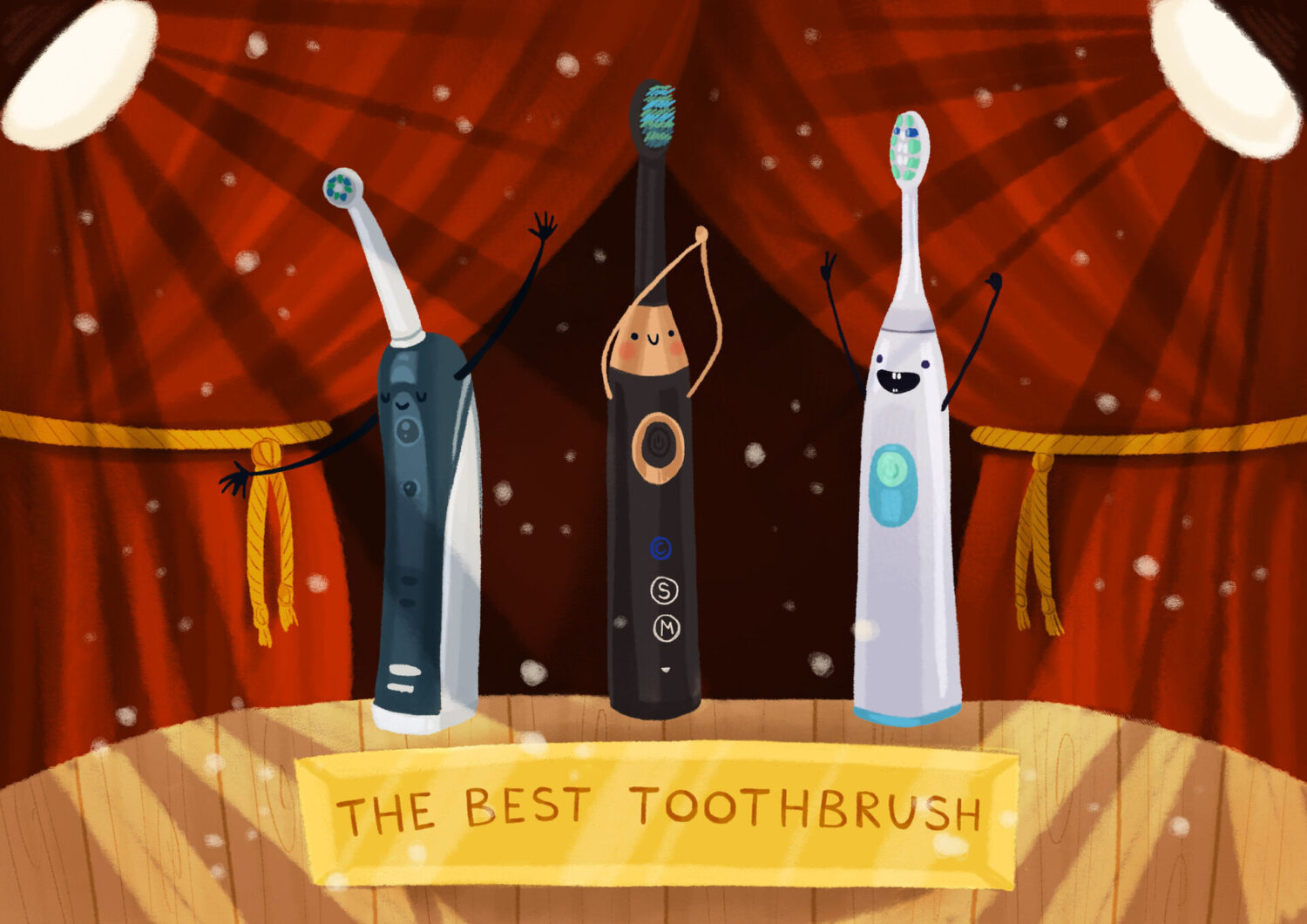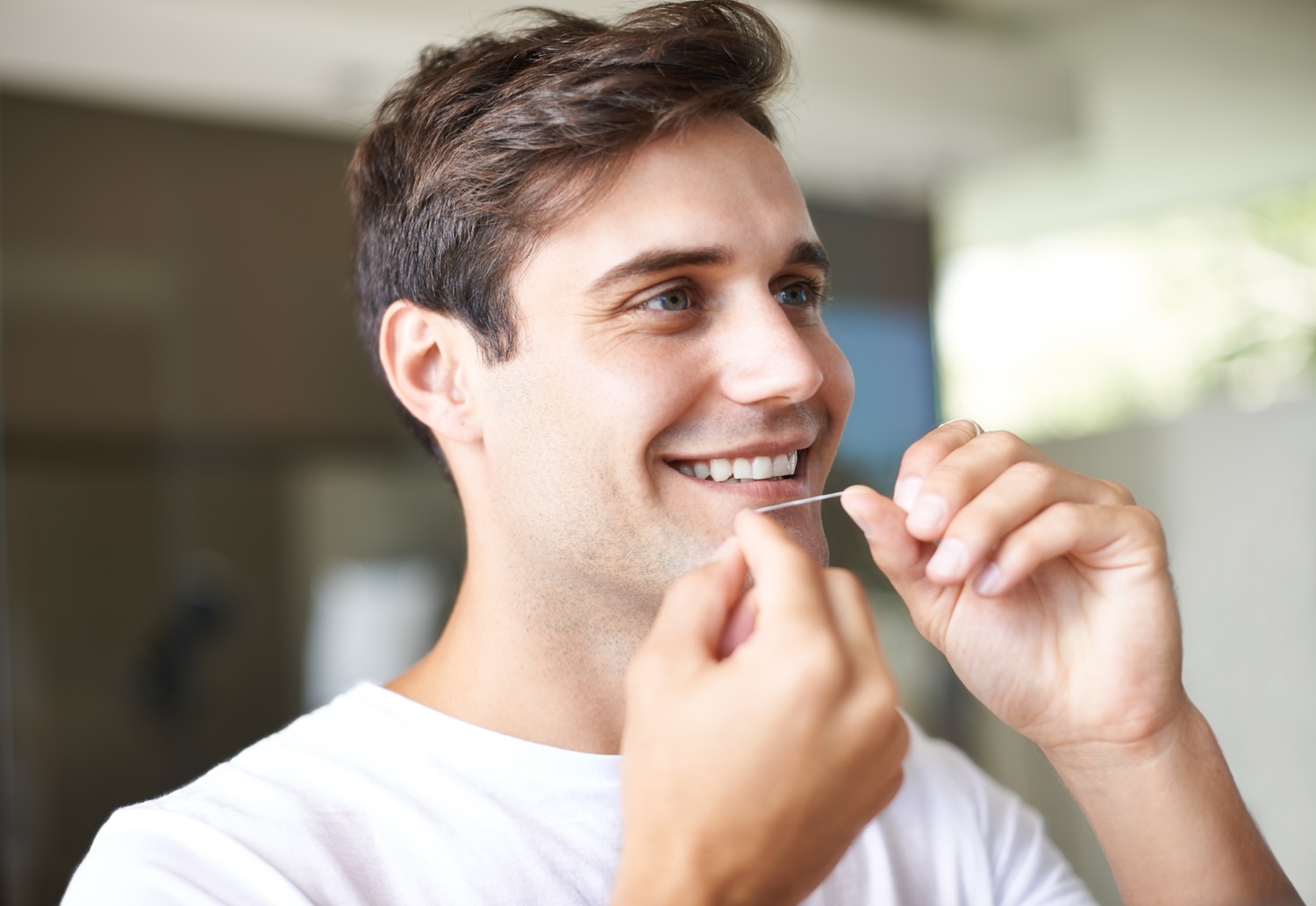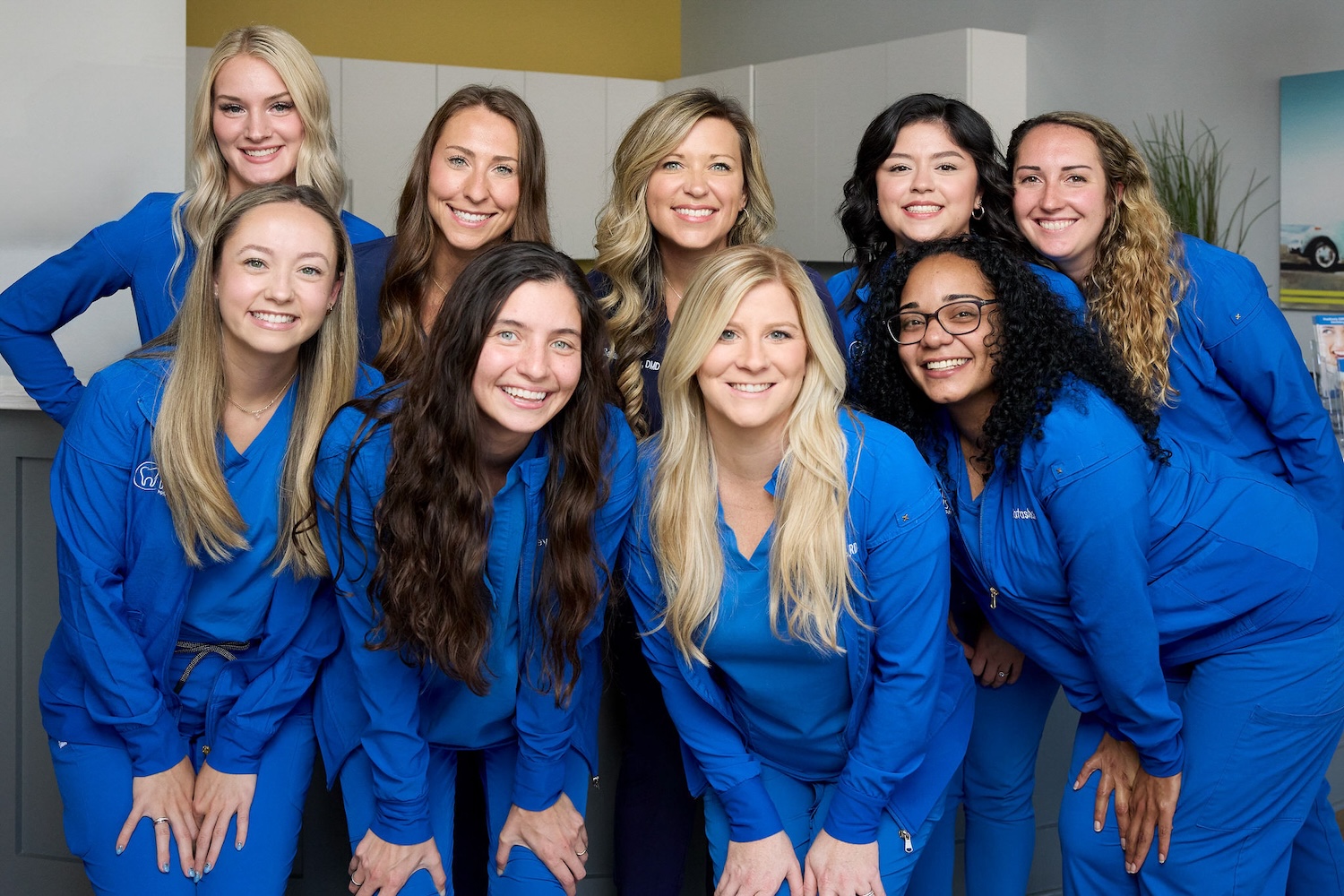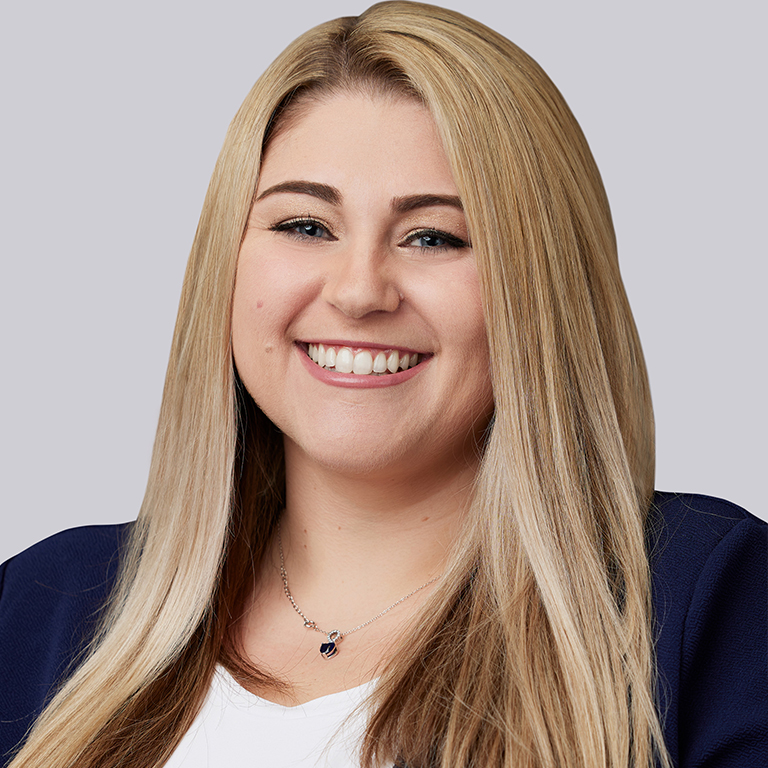In this post, we explore the benefits of electric toothbrushes and how they can help improve your oral hygiene routine.
When to Change Your Toothbrush
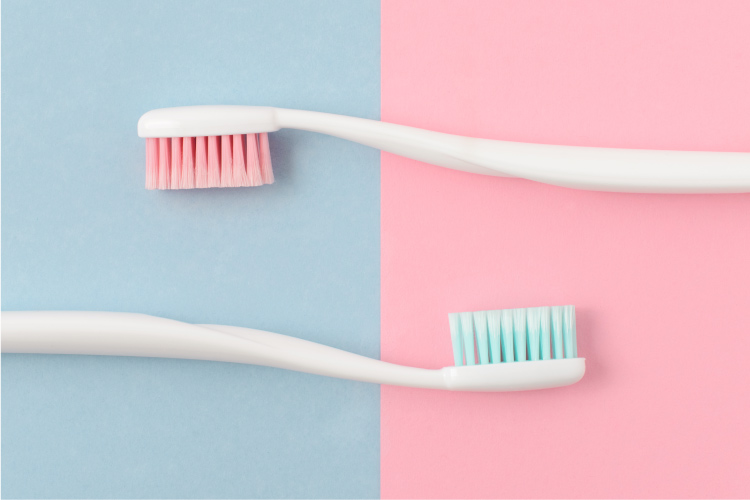
For optimal dental health, you should brush your teeth twice a day for two minutes each time with a soft-bristled toothbrush. But are you brushing with a worn-down and ineffective toothbrush? How do you know when it’s time to change it? Read on to discover how often you should change your toothbrush and ideas for what to do with an old toothbrush.
When to Change Your Toothbrush
Studies have shown that brushing with an old toothbrush is less effective than brushing with a newer one. That’s because once a brush’s bristles have begun to fray, they are less strong and able to remove the sticky film of plaque that causes tooth decay, cavities, and gum disease. This is why the American Dental Association recommends changing your toothbrush every 3-4 months or as soon as you notice the brush beginning to fray. The soft bristles on your toothbrush should stand firm. Brushing with a worn, flat brush can’t deliver the same clean results as a fresh toothbrush. For electric toothbrush heads, you can change less often than with traditional toothbrushes. Keep an eye on your brush head for frayed edges and change out accordingly.
Other Reasons to Change Your Toothbrush
If someone other than you has used your toothbrush, it’s a good idea to buy a new one. You should also change your toothbrush if you have been recently ill and want to prevent re-infection. Additionally, if your toothbrush has been anywhere where it may have gotten dirty, you’ll want to replace it right away.
What to Do with an Old Toothbrush
We like to recommend reusing and recycling old brushes whenever possible to cut back on landfill waste. So before you toss your old toothbrush, check to see if your local recycling service accepts used toothbrushes. If they don’t, you can repurpose an old toothbrush as a handy house cleaning tool or a crafting brush for painting.
More Questions? We Have Answers!
If you have questions about proper brushing techniques or need advice on buying the right toothbrush for you, consult with our expert team at your next appointment. We would be delighted to make recommendations personalized for your unique smile and dental needs.
